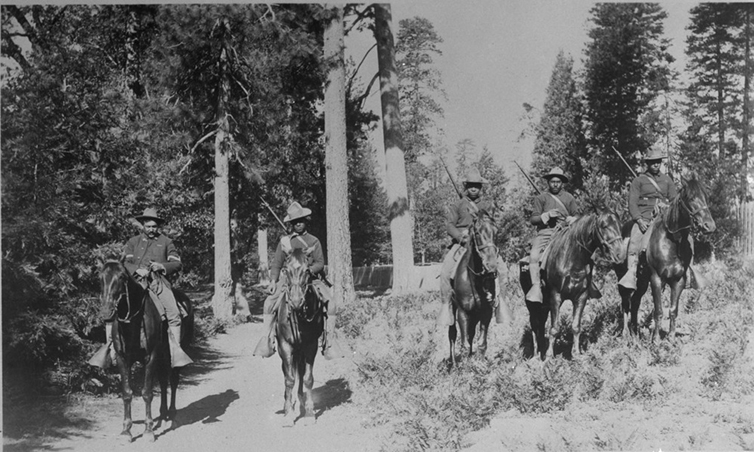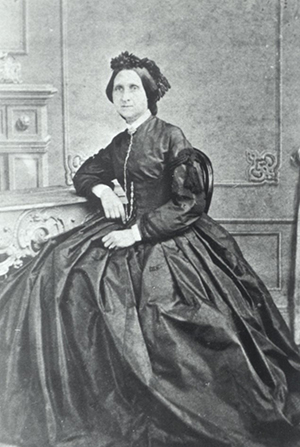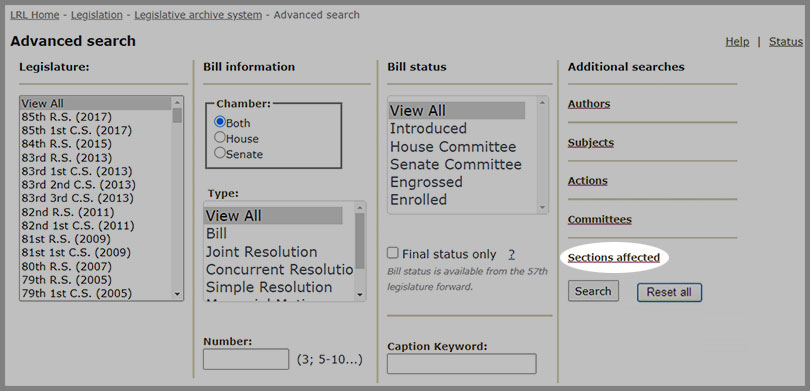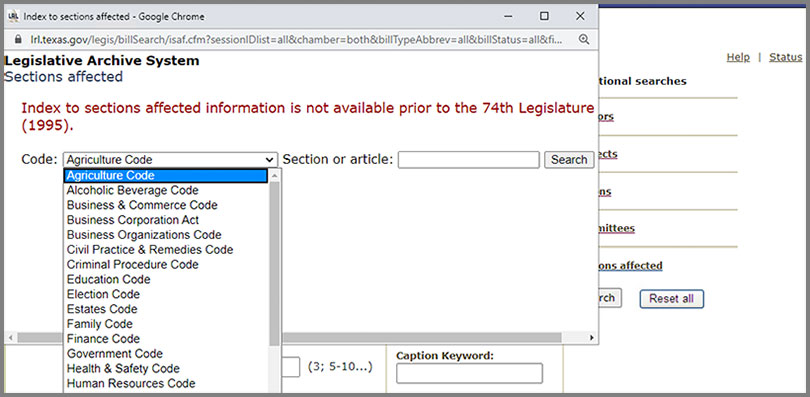In this weekly post, we feature helpful research tools and recent articles of interest to the legislative community.
- Examine the fiscal impact of the COVID-19 pandemic on the states' budgets. (The Council of State Governments, July 2020)
- Consider how protective face masks affect the accuracy of face recognition technology. (National Institute of Standards and Technology, July 2020)
- Find out which state laws specifically addressing children left in cars unattended. (National Conference of State Legislatures, July 20, 2020)
- Review recent guidance on reopening schools. (Texas Education Agency, updated July 28, 2020)
- 20.07.54 / "The coronavirus will make child care deserts worse and exacerbate inequality." By Rasheed Malik, et al. Center for American Progress, June 22, 2020, pp. 1-11.
Discusses how the COVID-19 pandemic will exacerbate child care shortages for low- and middle-income communities, Black and Hispanic families, rural families, and working mothers. Includes a link to an interactive map illustrating the state of child care supply prior to the pandemic. - 20.07.55 / "With need rising, Medicaid is at risk for cuts." By Aviva Aron-Dine, Kyle Hayes, and Matt Broaddus. Center on Budget and Policy Priorities, July 22, 2020, pp. 1-14.
Discusses the fiscal and health care implications of rising Medicaid enrollment coinciding with state budget shortfalls of $555 billion through fiscal year 2022. Reports Texas Medicaid enrollment increased 3.5 percent between February and April, or 133,404 people. - 20.07.56 / "Health care access for infants and toddlers in rural areas." By Jessie Laurore, Gayane Baziyants, and Sarah Daily. Child Trends, July 2020, pp. 1-39 (Note Length).
Analyzes data from the State of Babies Yearbook: 2020 to illustrate state-level differences in health care for infants and toddlers in rural areas, including indicators of prenatal care, infant mortality, preventive care, and preterm birth. Includes Texas data. - 20.07.57 / "CHAMPS report finds states struggling with foster parent recruitment." Chronicle of Social Change, July 14, 2020, p. 1.
Highlights a new report by CHAMPS [Children Need Amazing Parents] that analyzes foster parent recruitment and retention in 42 states according to 6 drivers of effectiveness: child-centered, data-driven, leadership, collaboration and transparency, youth and parent voice, and sustainability. - 20.07.58 / "Care homes: No place like home." Economist, July 25th-31st, 2020, pp. 1-7.
Discusses different models countries are exploring to improve nursing home care or help the elderly age at home. - 20.07.59 / "A new era of economics: Starting over again." Economist, July 25th-31st, 2020, pp. 1-8.
Reviews the three eras of macroeconomics. Explains how the COVID-19 pandemic is changing the economic paradigm. - 20.07.60 / "Sales tax holidays: Politically expedient but poor tax policy (2020)." By Janelle Cammenga. Fiscal Fact (Tax Foundation), July 2020, pp. 1-18.
Discusses the principles of sales taxation and the history of sales tax holidays. Provides details of 2020 sales tax holidays in sixteen states and a survey of state sales tax holidays from 1997 to present. Argues sales tax holidays do not promote economic growth, do not significantly increase consumer purchases, and cause tax complexity and instability. - 20.07.61 / "Why we should double the Pell Grant." By Shelbe Klebs. Memo (Third Way), July 20, 2020, pp. 1-11.
Provides a brief overview of the Pell Grant and the long-term benefits that expanding the program could have for students and taxpayers. Points out several options on how Congress could double the Pell Grant. - 20.07.62 / "How COVID-19 will change the way we fight wildfires." By Jeanne Dorin McDowell. Smithsonian Magazine, July 7, 2020, pp. 1-5.
Discusses the management of the first major wildfire since the beginning of the COVID-19 pandemic. Considers the challenges of fighting fires during a pandemic. Refers to the National Multi-Agency Coordinating Group's Wildland Fire Response Plans [WFRPs]. - 20.07.63 / "States use COVID-19 relief dollars to hold down business taxes." By Sophie Quinton. Stateline (Pew Charitable Trusts), July 27, 2020, pp. 1-3.
Questions whether states should spend COVID-19 federal aid on their unemployment insurance trust funds to avoid business tax increases or on direct assistance to workers and local governments.






